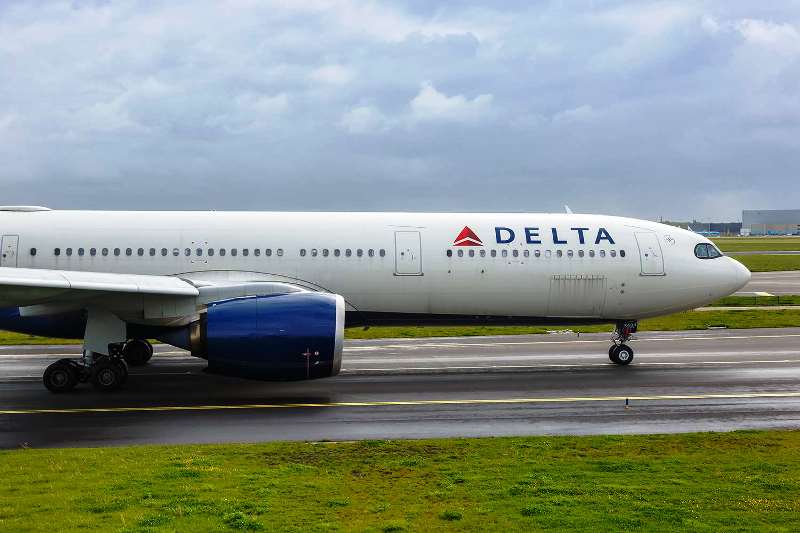Delta Air Lines has announced it will not use artificial intelligence to set individualized ticket prices following backlash from U.S. senators and public concerns over potential price discrimination. The airline clarified in a letter to lawmakers that it does not and will not adjust fares based on passengers’ personal data, despite previously exploring AI-driven revenue management tools.
The controversy stemmed from comments made by Delta President Glen Hauenstein in December, suggesting the airline could use AI to predict what customers are willing to pay for premium services. Senators Ruben Gallego, Mark Warner, and Richard Blumenthal had raised alarms, warning that such practices could lead to “pain point pricing”—where fares rise based on personal spending habits. While Delta maintains it only uses aggregated demand data (like fuel costs and competition), lawmakers remain skeptical, calling for more transparency.
The debate reflects broader concerns over AI-driven pricing in industries like airlines and retail. American Airlines CEO Robert Isom recently rejected AI-based personalized pricing, calling it a threat to consumer trust. Meanwhile, Democrats Greg Casar and Rashida Tlaib introduced a bill to ban AI-powered price discrimination, citing FTC warnings about companies exploiting personal data—such as targeting new parents with higher baby product prices. Delta insists its pricing remains dynamic but not personalized, a distinction that may face further scrutiny as AI adoption grows.


